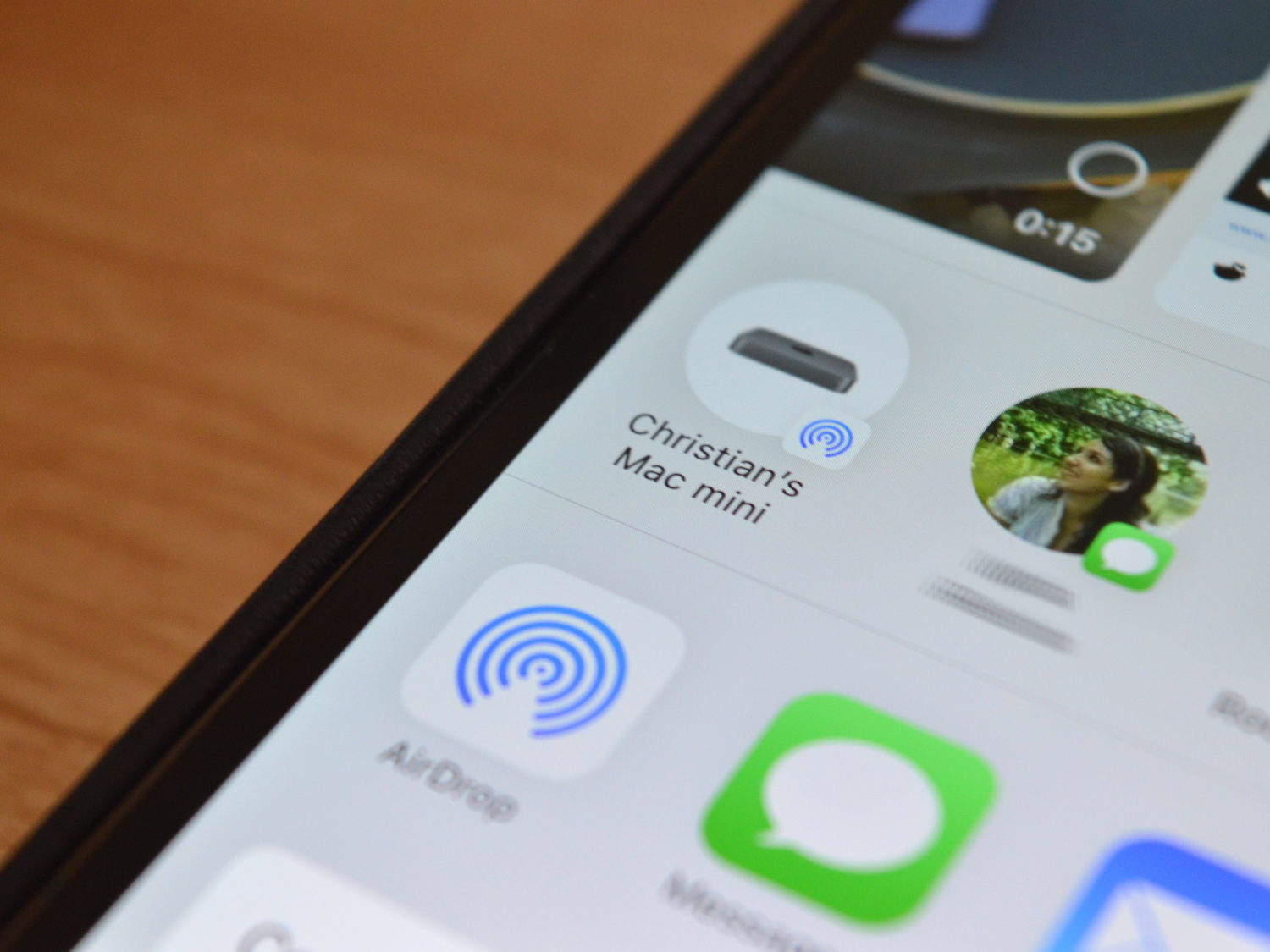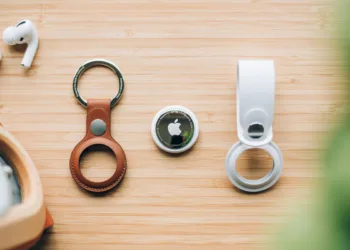AirDrop and AirPlay are widely utilized features that offer significant advantages to users, yet they remain exclusive to Apple devices. This situation might evolve in the future, particularly in the European Union (EU), where new proposals could compel Apple to extend these functionalities to Android users.
As reported by TechRadar, the proposed modifications under the Digital Markets Act (DMA) aim to require Apple to share its unique features with other developers and manufacturers of smartphones.
AirDrop is built into Apple devices and allows users to share files wirelessly with others nearby. This feature provides a straightforward digital method to transfer files without the need for cables. Similarly, AirPlay enables Apple users to stream audio, video, photos, and other content wirelessly from their iPhones, iPads, and Macs to various devices including Apple TV, smart TVs, and wireless speakers.
The focus of the proposed changes is on Application Programming Interfaces (APIs), which facilitate communication between different applications. This could mean that, for residents of the EU, owning an iPhone 16 may not be a prerequisite to access these functionalities.

Recently, the EU has been actively working to curb Apple’s dominance in the smartphone market through the DMA. A notable requirement includes giving users access to alternative app stores for downloading applications on their iPhones and iPads. Furthermore, the DMA mandates that Apple permit users to select default apps for functions like web browsing and email.
AirDrop and AirPlay are often perceived as exclusive benefits for Apple users. However, regulators view these features as potentially anticompetitive. Both perspectives have merit: Apple aims to cultivate a loyal user base within its ecosystem, while regulators are concerned about the monopoly power of a single corporation.
If Apple is eventually mandated to open up these services to other developers and manufacturers, it is crucial that the robust security measures currently in place are preserved. If so, it would represent a positive outcome for consumers, irrespective of their choice of smartphone.











